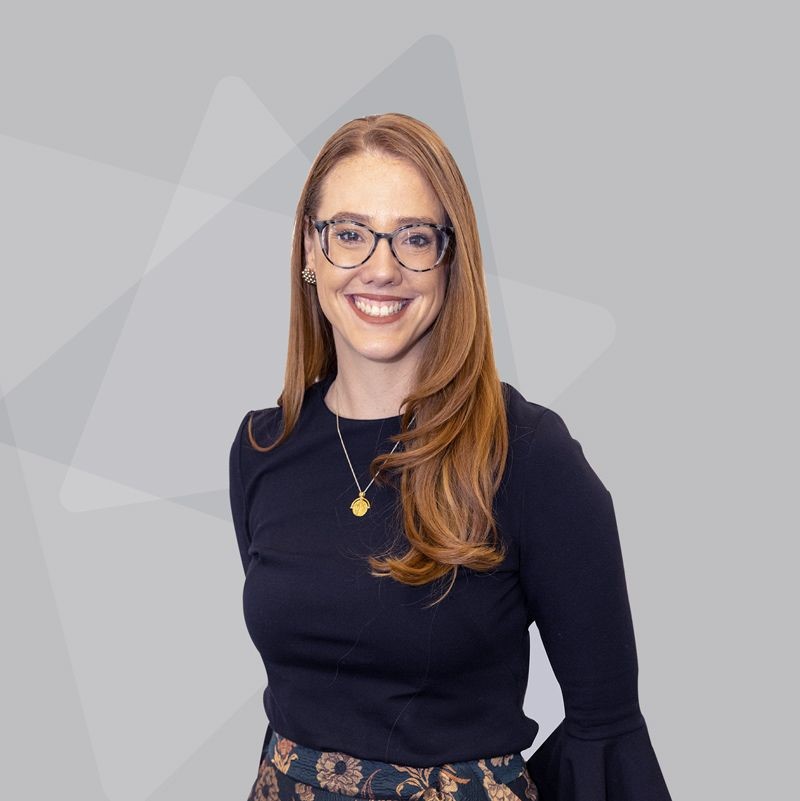[Music]
[Speaker 1] What does it mean to participate?
[Speaker 2] To me, to participate means that we're ensuring that young Queenslanders have the right and the ability to feel welcomed and included in all aspects of government and community life. And I think that starts from having it set up that young people feel welcomed and invited into a space. Yeah exactly, I mean for a very long time young people have been felt shunned from these systems that play but I think that's all taking a turn now with this new youth strategy.
[Speaker 1] Yeah, and when we're participating what are those things that we need to see that keeps us coming back and using those opportunities to be involved in our communities?
[Speaker 2] I think that support, that genuine participation and that genuine inclusion not just that sort of tokenistic representation that we sometimes see ... um ... powers at play do. But it's more about genuinely involving people people into, into all aspects of the design for whatever ... um ... project or or plan that we're running.
[Speaker 1] Specifically, as a young person developing and becoming a leader in the community or even just an active participant in the community, what do you think the benefit of having those opportunities to be involved and treated like a leader and respected can do for a young person?
[Speaker 2] Yeah, I think it all comes back down to what I what I mentioned at the start, you know, how young people, we've been shunned away from these sort of opportunities and these um ... choices and, and, and plans for our own lives. I think now that that's sort of becoming a norm of the past. We're seeing a lot more inclusion we're seeing a lot more activity and interest with our young people and that's something I can really get behind.
[Speaker 1] And I guess, for me as well, I find it very empowering when I have the opportunity to have my voice heard or to speak to someone in power and show them that I am intelligent, I'm passionate, I'm capable about contributing to the place that I live in. To making sure that the people who come after me get even more ... that they get better than I do so, if we can continue to empower young people into the future, we can set them up to be leaders at an even younger age and to be genuinely deserving of taking control of this place that we call home.
[Speaker 2] That's it and that's why we want every young person out there to really push themselves to really be involved with this sort of initiative because, like you mentioned, you are a future.
[Speaker 1] Yeah.
[Speaker 2] Amazing.
[Music]



